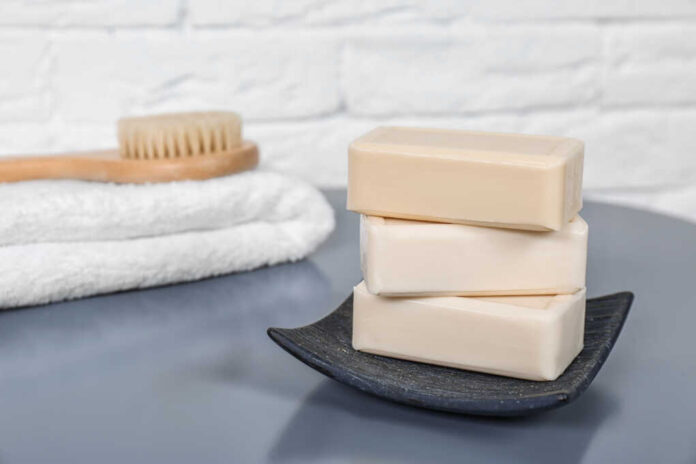
Accidental poisoning by using soap products can happen through contact with household cleaning products containing strong chemicals. Most shampoos can also irritate your eyes, while soaps not intended for cleaning the body are poisonous if ingested.
This article covers the signs and symptoms of soap product poisoning, its causes, treatment options, and preventive measures.
What are The Signs and Symptoms of Soap Poisoning?
Soap poisoning signs and symptoms depend on the following:
● The product you came in contact with
● How much contact you had with the product
● How you ingested the product
Generally, signs and symptoms can include the following:
● Eye redness, vision loss, or difficulty focusing if soap gets in your eyes.
● Difficulty breathing or swelling in your throat if you inhale fumes from soap products
● Irritation, burns, or blisters if the soap comes in contact with your skin
Gastrointestinal Symptoms
Ingesting soap can result in the following:
● Repeated vomiting, which could include vomiting blood
● gastrointestinal distress symptoms
● blood in your stool
● abdominal pain
Causes of Accidental Soap Poisoning
Prolonged exposure to soap or household cleaning products can result in poisoning. You might also inhale chemical fumes while cleaning if you don’t open the windows for ventilation.
Children also have an increased risk for soap poisoning if they’re left unsupervised and ingest soap products.
Treatment Options for Soap Poisoning
Soap poisoning treatment will depend on how exposed you’ve been to the chemical products. In most cases, a medical professional will check your vital signs, including:
● temperature
● blood pressure
● breathing
● Pulse
Soap poisoning treatment may include:
● oxygen
● a breathing tube
● removal of any burned skin
● pain medication
● An endoscopy, which involves inserting a camera down your throat to find burns in the esophagus and stomach
● A bronchoscopy, which involves passing a camera down your throat to identify damage in the lungs and airways.
Tips For Preventing Soap Poisoning
You can avoid soap poisoning with the following measures:
● Ensure you aren’t accidentally ingesting or inhaling soap products
● Be careful of the chemicals you use for home cleaning
● Take breaks to avoid prolonged exposure to soap products
● Open the windows when cleaning.
‘According to the American Association of Poison Control Centers, there were 10,559 cases of exposure to extra-concentrated laundry detergent packets by children ages 5 and younger as of December 31, 2020. As such, you should keep all soap and household cleaners locked away and out of children’s reach.
Conclusion
You should contact the National Capital Poison Center immediately if someone you know has been recently poisoned. This gives you access to poison specialists who can give instant instructions.


















